The Origins of The Dodge Viper
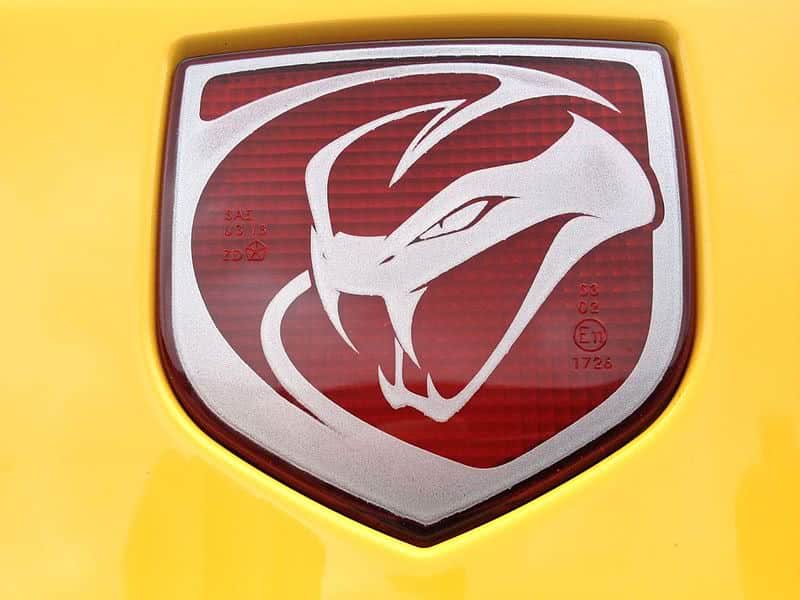

For car fans who are passionate about the field, finding the right model of automobile can be a life-long pursuit. Indeed, great car companies have been founded on the need for consistency: Rolls Royce, for example, originated as an agreement with two friends, one a used car salesman (Charles Rolls) and the other an engineer (Henry Royce), to take what they liked about classic cars and build models that stood the test of time. By putting their passion for cars into their design methods, the two friends certainly succeeded.
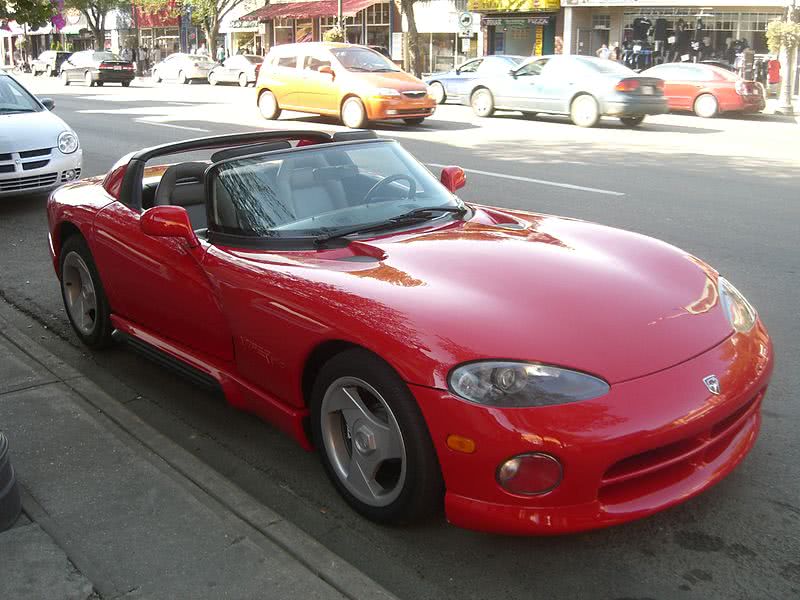

First Generation Viper RT10 – Photo by Mike Waddy (public domain)
Similarly, some of the best cars have been produced by companies who are prepared to put aside all compromises to make a quality vehicle. One of Dodge’s consistent models over the years has been The Dodge Viper, and it’s no surprise why: Loyal customers find that the Vipers are not only long-lasting automobiles, but that the looks of the cars don’t go out of style.
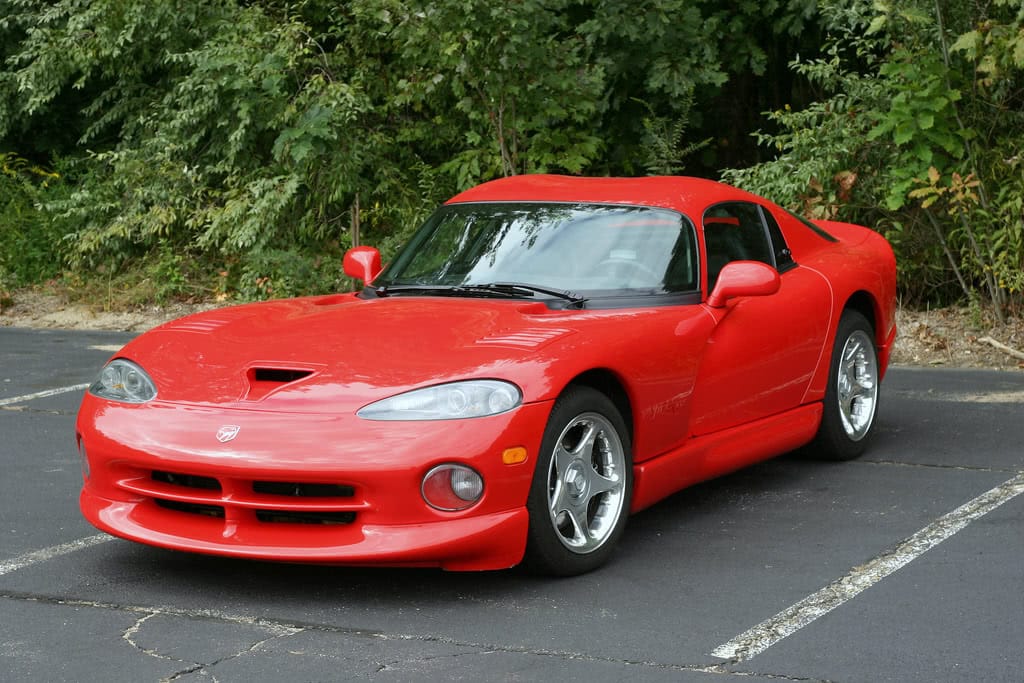

First Genration Dodge Viper RT10 Photo By Myke Waddy, Sept 2006 Edmonton, Alberta, Canada. (public domain)
That means that the Dodge Viper is often one of the proudest investments car aficionados make.
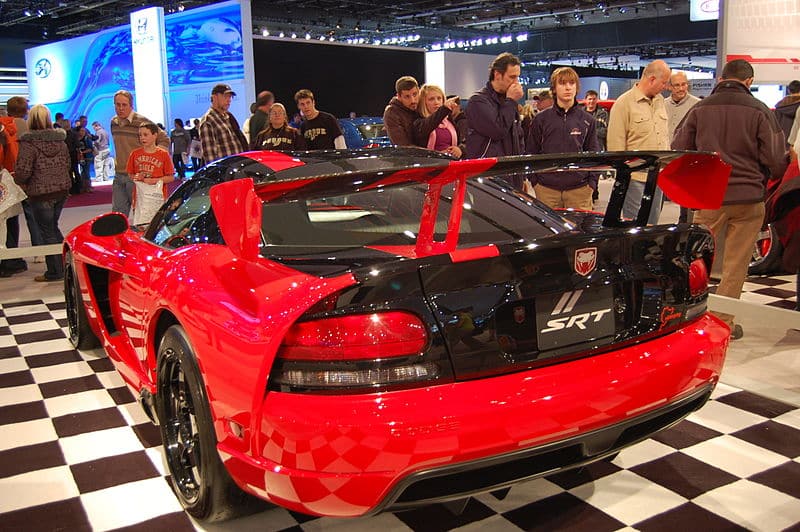

The back of the Dodge Viper ACR at the 2009 North American International Auto Show – Photo by Kenavt on Wikimedia Commons (creative commons)
As a mainstay of the Dodge line, the Viper got its start with heavy backing from the company. Indeed, few car fans may realize that Lamborghini engineers (the company had been acquired by Dodge’s owner Chrysler) modified technology for the new sports car that would become the Viper in the late 1980s.
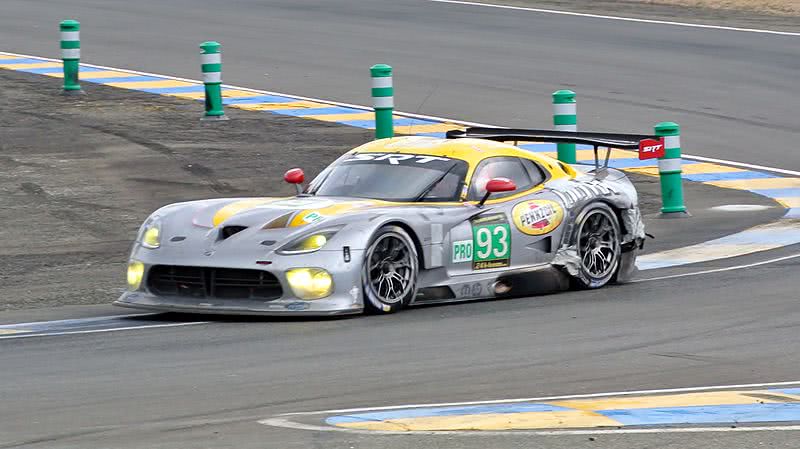

2013 SRT Viper GTR-R – Photo by Pahazzard on Wikimedia Commons (creative commons)
Dozens of engineers were recruited for the project, and the focus of Dodge on the model paid off. Production of the Viper has continued for over two decades, and new generations of fans have consistently come forward to purchase new models due to word of mouth on the car’s qualities. Meanwhile, fans of the model who have been purchasing Vipers since their inception have been satisfied by the ability to stay with a trademark car they trust and love.
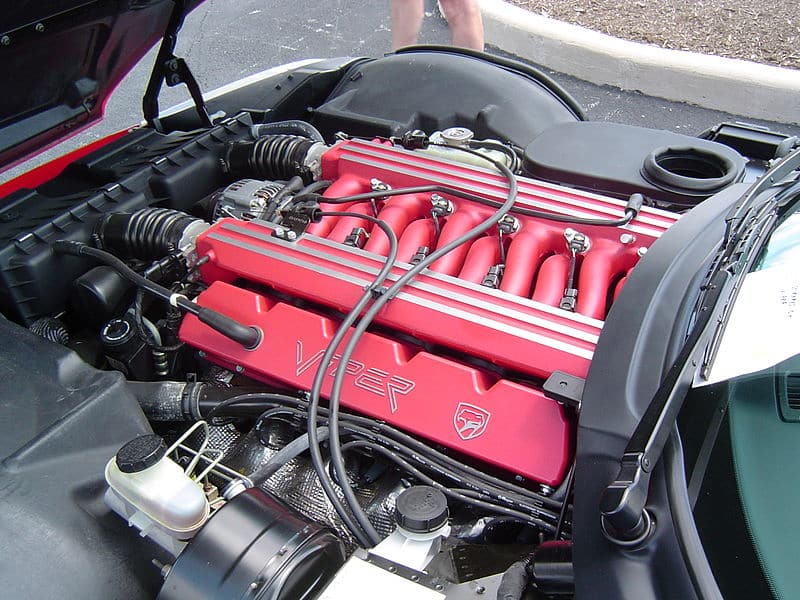

1992 Dodge Viper engine – Photo by Dana60Cummins on Wikimedia Commons (creative commons)
It’s this relationship between Viper manufacturers and fans that have made the Viper such a beloved car. Dodge has paid special attention to their core customers, with the result being a consistency in production that is self-regulating: Since feedback from long-time drivers is available to the company, modifications in future Vipes, as aficionados sometimes lovingly refer to them, can be easily be made in the future. This has meant that the vehicles have only been out of production for a few years since 1992.
For these reasons, the Dodge Viper has been one of the most reliable and well-liked models of cars since its inception. Proving that strong starts and carry-through on promises are good for business, the Viper has been a success story that is not easily replicated in the auto industry. Though many companies have tried to emulate the Viper’s strengths, car fans will always return to this classic when they need a reliable investment.









